Illegal logging and improper land use in the territory of the Tyup Forest Enterprise and the Karkyra Forestry.
42°40'08.3"N 79°12'05.7"E
Over the past 70 years, poachers have reduced the area of Kyrgyzstan's forests by three times. Activists claim that forest areas are being particularly destroyed in the Issyk-Kul region.
According to Nurchan Mukhanov, a former forest protection engineer at the Tyup Forestry, trees are being cut down by forest protection staff. Of course, foresters are involved, but they do not bear responsibility. This all happens with the complicity of the management, as they are the ones who compile and submit reports.
He presented almost a dozen violations he identified: illegal logging of green spaces, misappropriation of property, and damage amounting to 3 million soms. However, as it turned out, no measures have been taken for almost six months. According to the man, the notorious violators continue to hold their positions and wreak havoc in the forests.
By the way, his numerous letters to the Prime Minister, relevant committees, and leaders of parliamentary factions had no effect. The only responding body was the General Prosecutor's Office. The main supervisory body referred the case to the regional prosecutor's office, which, after checking the facts, initiated a total of seven criminal cases.
Activists also claim that almost every winter, poaching occurs in the Karkyra, Barskoon, Juku, and Jetty-Oguz gorges. In each of these areas, facts of illegal logging are discovered every year. Witnesses of the logging capture on video bare stumps, recently cut trunks, and traces of how poachers dragged trees through the snow.
Mostly, the violators destroy Tien Shan fir. This tree can live for about 500 years, but poachers cut down trees that are 100-150 years old because they have a "marketable" appearance. Facts of illegal logging have been regularly identified over many years, but the situation changes little. Many specialists come to the sad conclusion that the only things saving the Issyk-Kul forests from total destruction in our country are bad roads and, relatively, cheap imported Russian wood.
But even this does not save it from the fact that every winter, when snow falls and roads become "passable," and there are fewer "outsiders" in the gorges, under the protection of local foresters and officials from environmental ministries, the time for poaching logging arrives.
According to specialists, just in one year, about 500 illegal logging cases were identified in the Issyk-Kul region, for which criminal cases were initiated. But only 5 percent were brought to completion. In their opinion, only the appearance of measures being taken against poachers is created.
The fines for illegal logging in Kyrgyzstan range from 20,000 to 100,000 soms. According to the Criminal Code of the Kyrgyz Republic, poaching in forest lands also provides for imprisonment: up to three years for civilians and up to seven for officials, with confiscation of the equipment used for illegal purposes. However, the relevant laws are currently not being enforced.
Logging continues anyway—illegally and with the permission of forestry under the pretext of combating tree diseases. This so-called sanitary logging often affects healthy plantings as well. It is not uncommon for areas where trees have been "treated" to be logged again.
To establish the actual volume of damage, independent monitoring and accounting are required. It should be noted that Kyrgyzstan is a member of 12 international conventions on environmental protection, under which it is obliged to fulfill a number of commitments.
EcoMiR: Environmental Monitoring and Investigation expresses gratitude for the assistance in preparing the material to Margarita Azina.
Over the past 70 years, poachers have reduced the area of Kyrgyzstan's forests by three times. Activists claim that forest areas are being particularly destroyed in the Issyk-Kul region.
According to Nurchan Mukhanov, a former forest protection engineer at the Tyup Forestry, trees are being cut down by forest protection staff. Of course, foresters are involved, but they do not bear responsibility. This all happens with the complicity of the management, as they are the ones who compile and submit reports.
He presented almost a dozen violations he identified: illegal logging of green spaces, misappropriation of property, and damage amounting to 3 million soms. However, as it turned out, no measures have been taken for almost six months. According to the man, the notorious violators continue to hold their positions and wreak havoc in the forests.
By the way, his numerous letters to the Prime Minister, relevant committees, and leaders of parliamentary factions had no effect. The only responding body was the General Prosecutor's Office. The main supervisory body referred the case to the regional prosecutor's office, which, after checking the facts, initiated a total of seven criminal cases.
Activists also claim that almost every winter, poaching occurs in the Karkyra, Barskoon, Juku, and Jetty-Oguz gorges. In each of these areas, facts of illegal logging are discovered every year. Witnesses of the logging capture on video bare stumps, recently cut trunks, and traces of how poachers dragged trees through the snow.
Mostly, the violators destroy Tien Shan fir. This tree can live for about 500 years, but poachers cut down trees that are 100-150 years old because they have a "marketable" appearance. Facts of illegal logging have been regularly identified over many years, but the situation changes little. Many specialists come to the sad conclusion that the only things saving the Issyk-Kul forests from total destruction in our country are bad roads and, relatively, cheap imported Russian wood.
But even this does not save it from the fact that every winter, when snow falls and roads become "passable," and there are fewer "outsiders" in the gorges, under the protection of local foresters and officials from environmental ministries, the time for poaching logging arrives.
According to specialists, just in one year, about 500 illegal logging cases were identified in the Issyk-Kul region, for which criminal cases were initiated. But only 5 percent were brought to completion. In their opinion, only the appearance of measures being taken against poachers is created.
The fines for illegal logging in Kyrgyzstan range from 20,000 to 100,000 soms. According to the Criminal Code of the Kyrgyz Republic, poaching in forest lands also provides for imprisonment: up to three years for civilians and up to seven for officials, with confiscation of the equipment used for illegal purposes. However, the relevant laws are currently not being enforced.
Logging continues anyway—illegally and with the permission of forestry under the pretext of combating tree diseases. This so-called sanitary logging often affects healthy plantings as well. It is not uncommon for areas where trees have been "treated" to be logged again.
To establish the actual volume of damage, independent monitoring and accounting are required. It should be noted that Kyrgyzstan is a member of 12 international conventions on environmental protection, under which it is obliged to fulfill a number of commitments.
EcoMiR: Environmental Monitoring and Investigation expresses gratitude for the assistance in preparing the material to Margarita Azina.

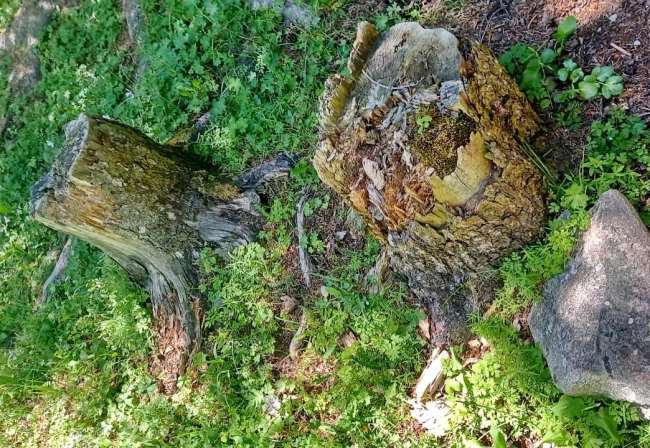
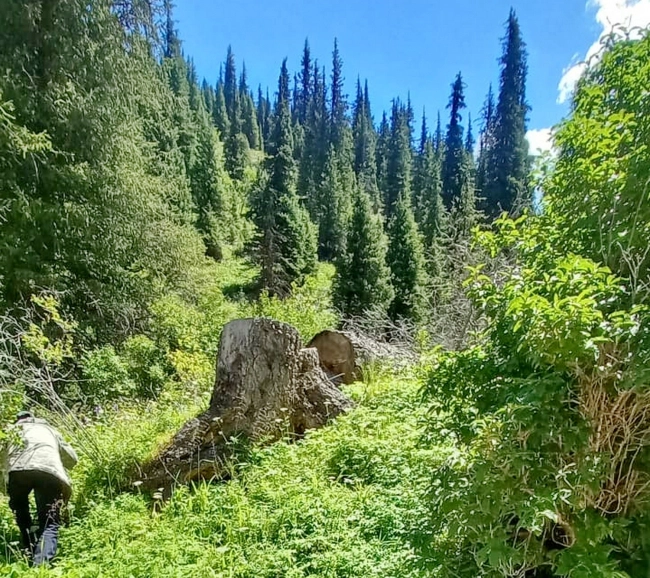
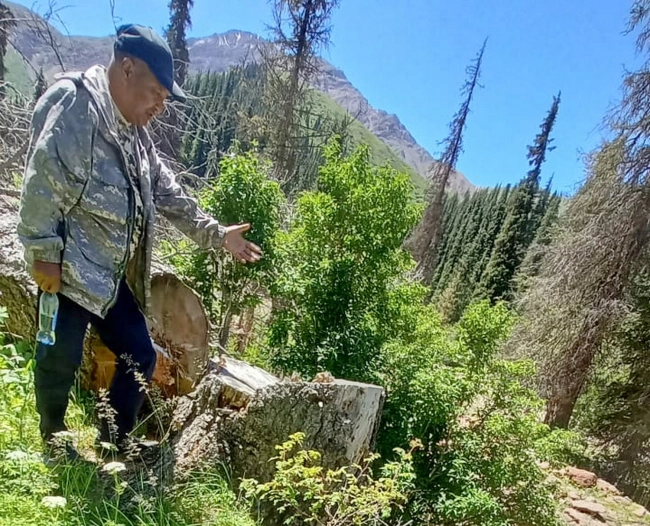
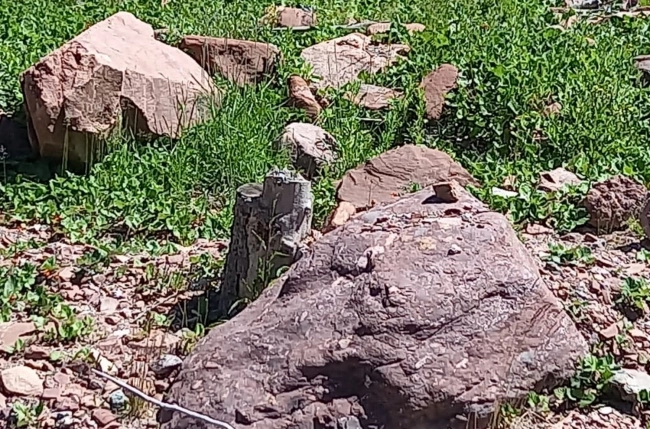
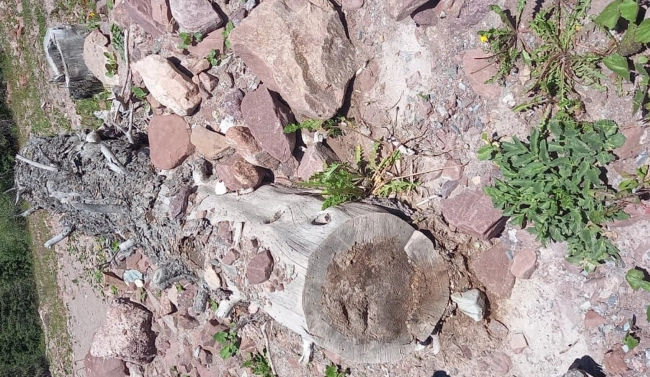
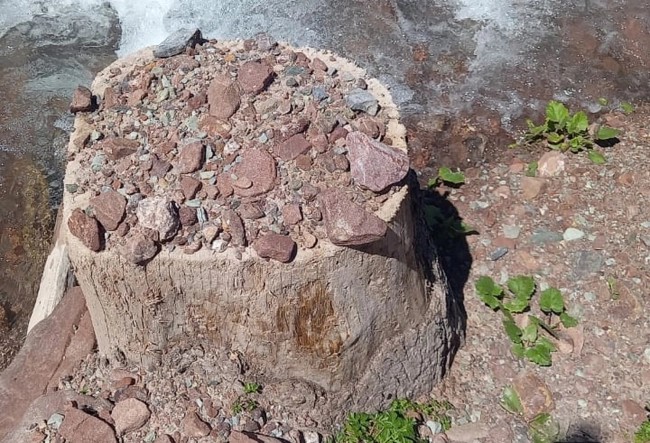
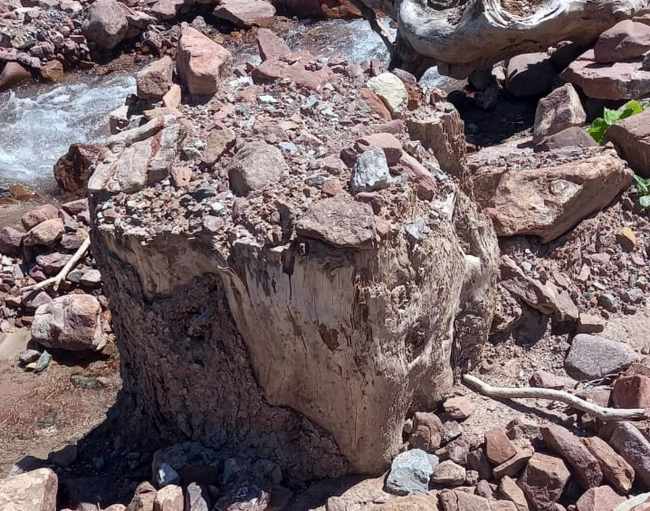
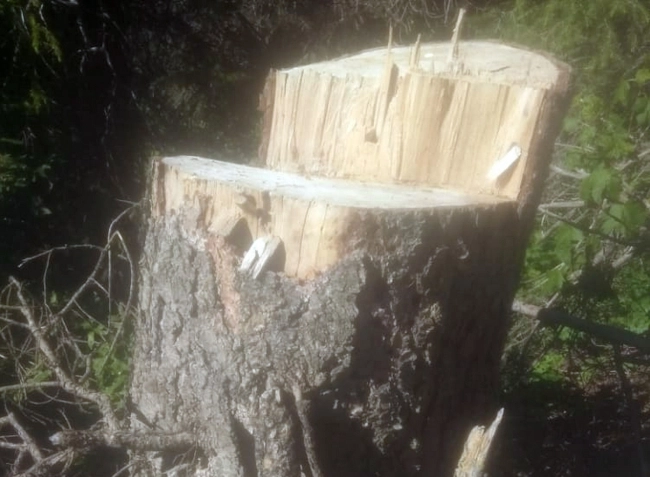
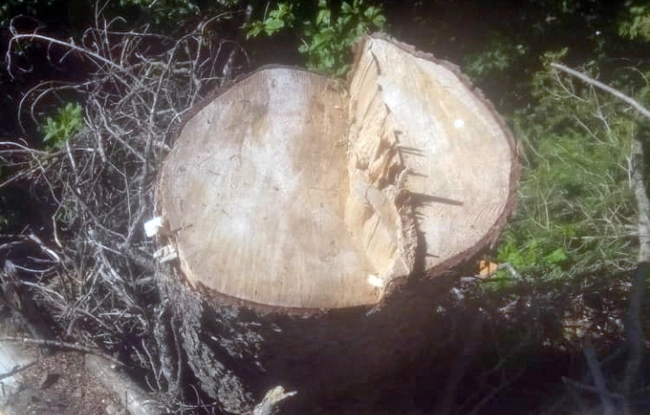
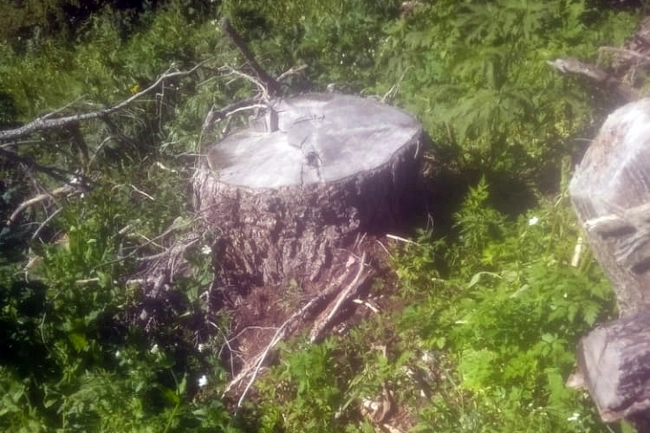
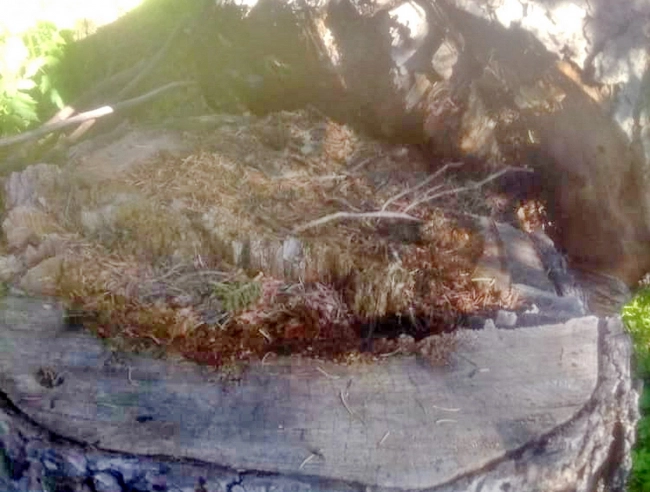
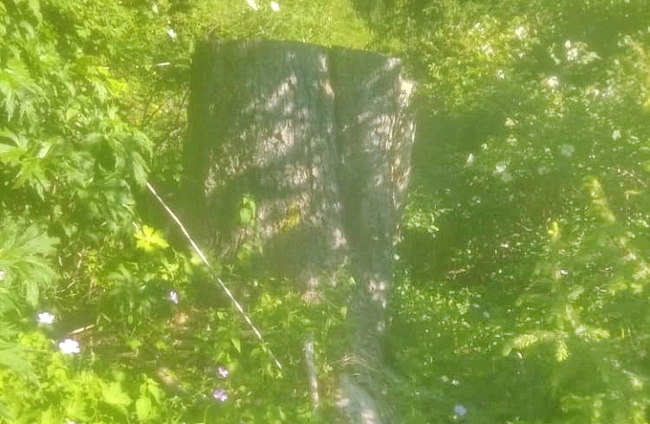
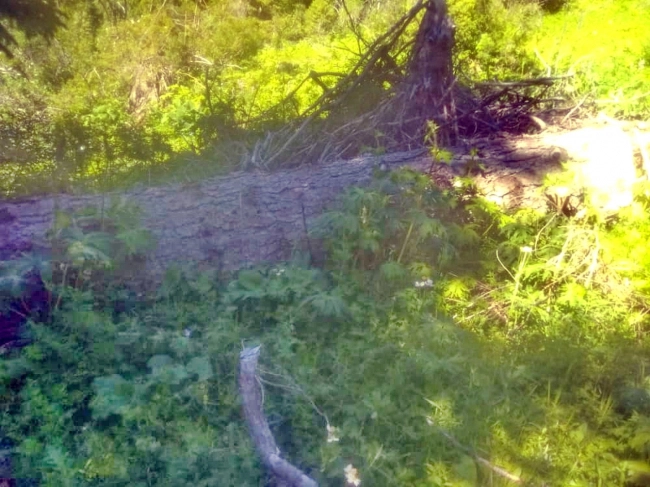
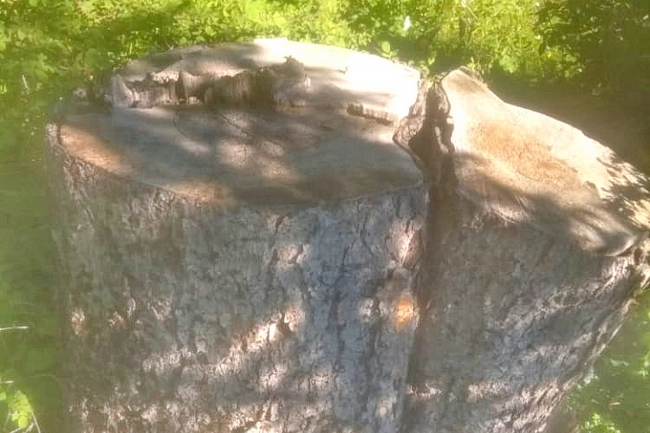
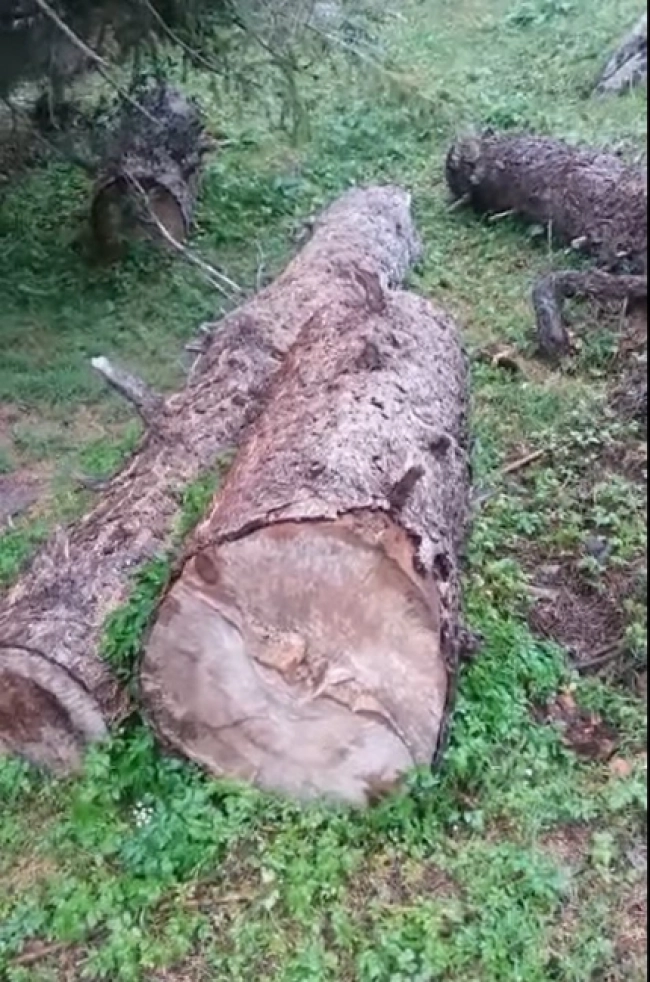
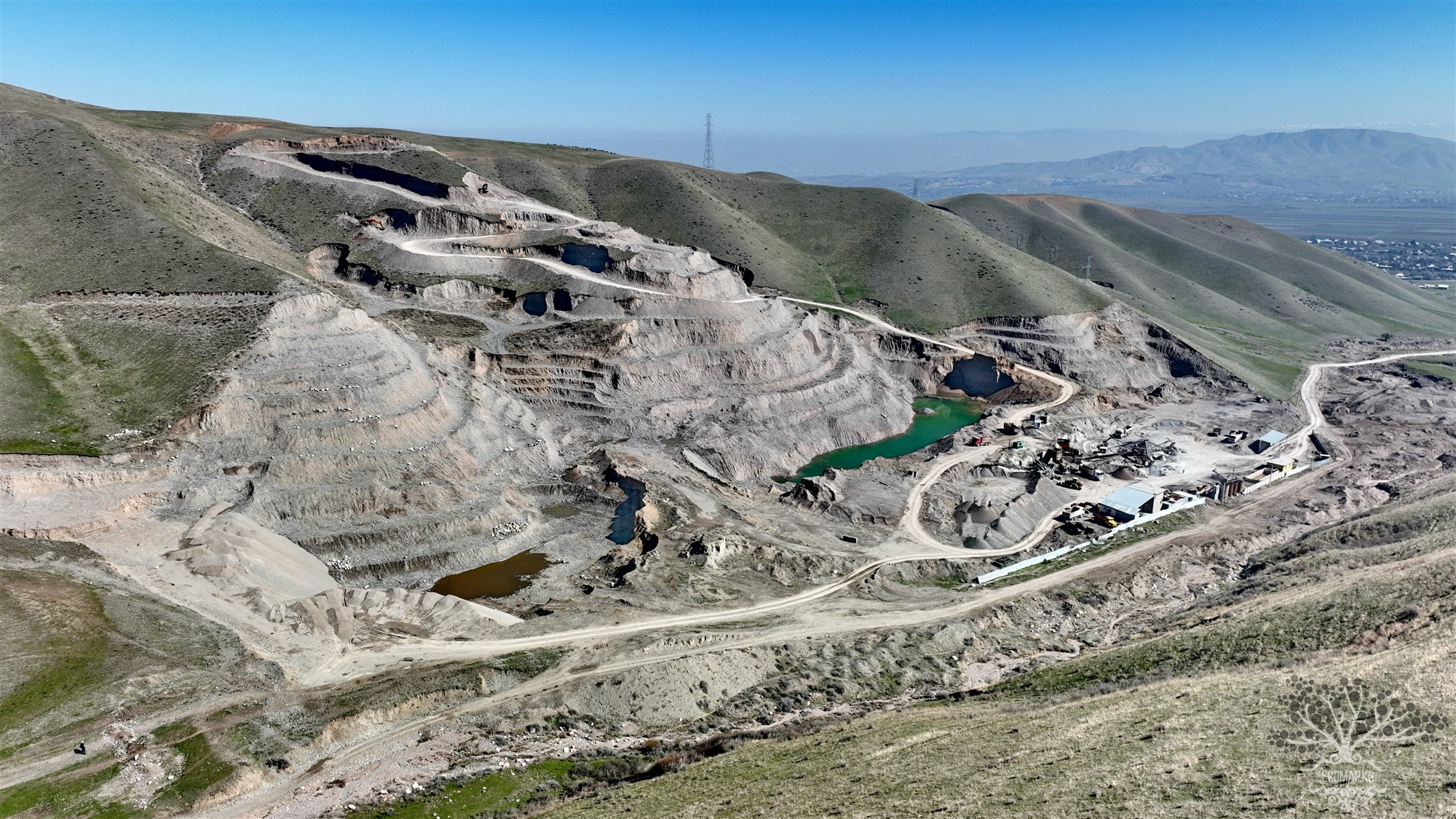
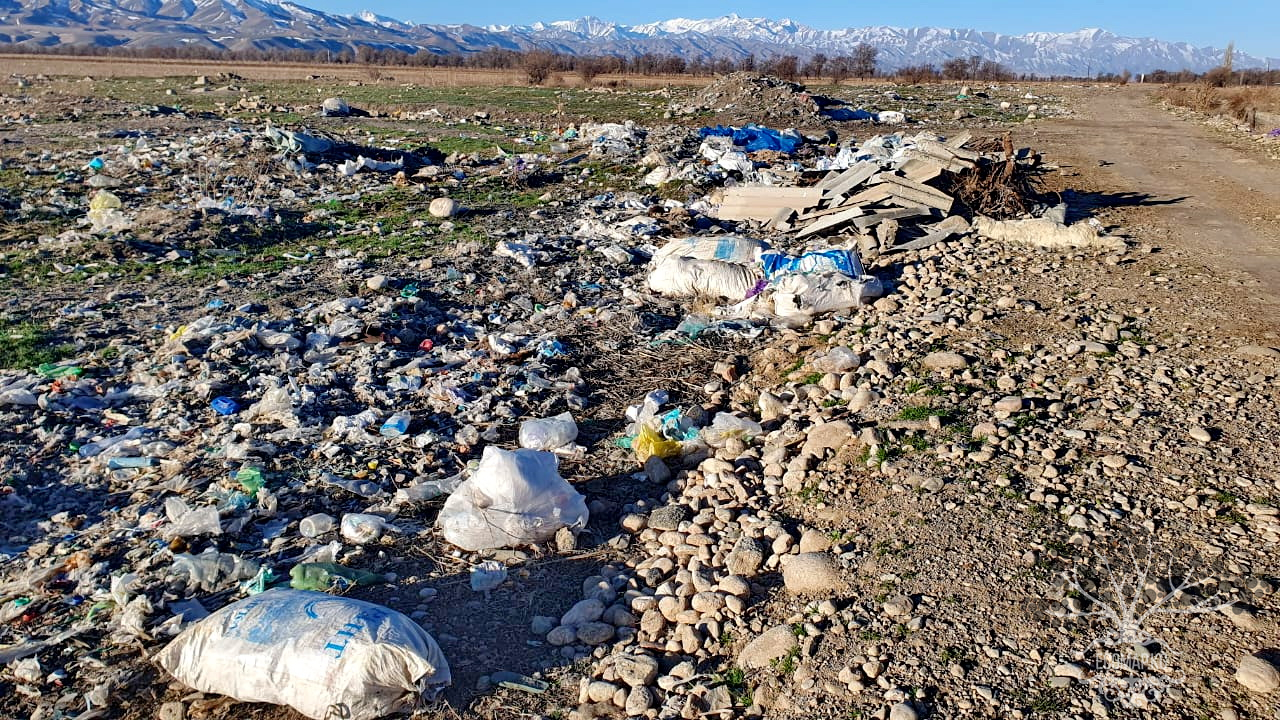
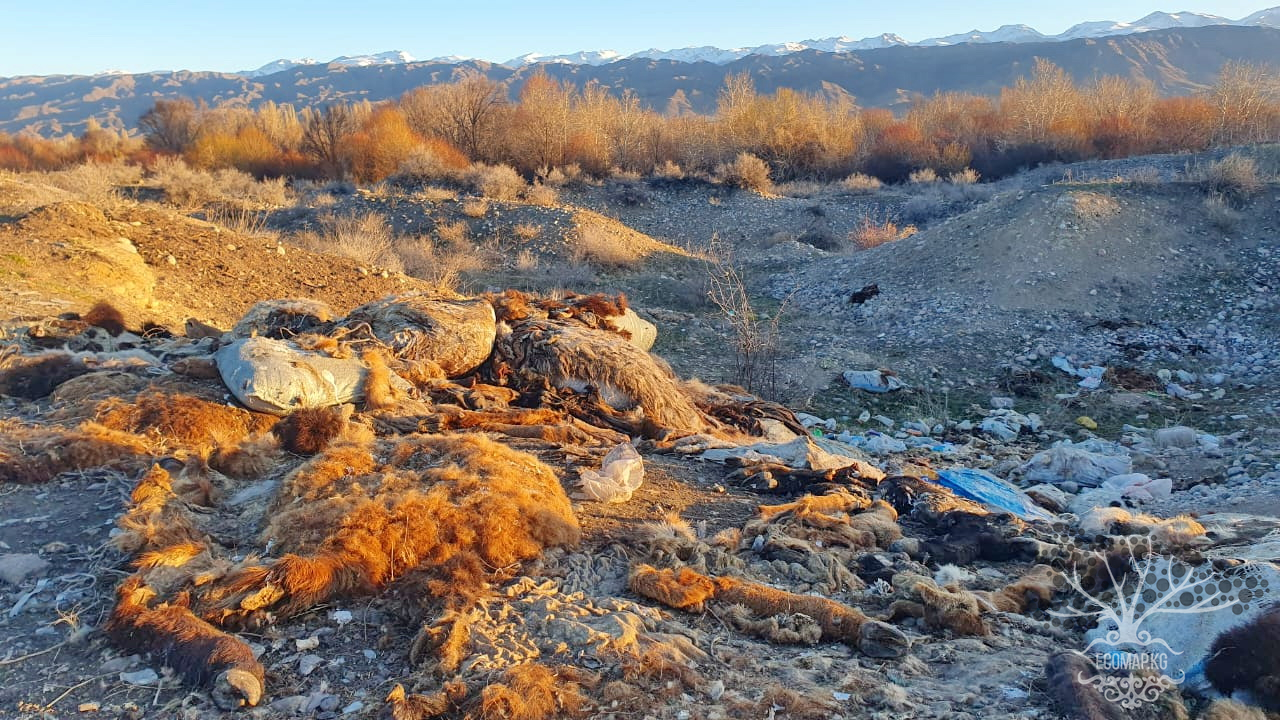
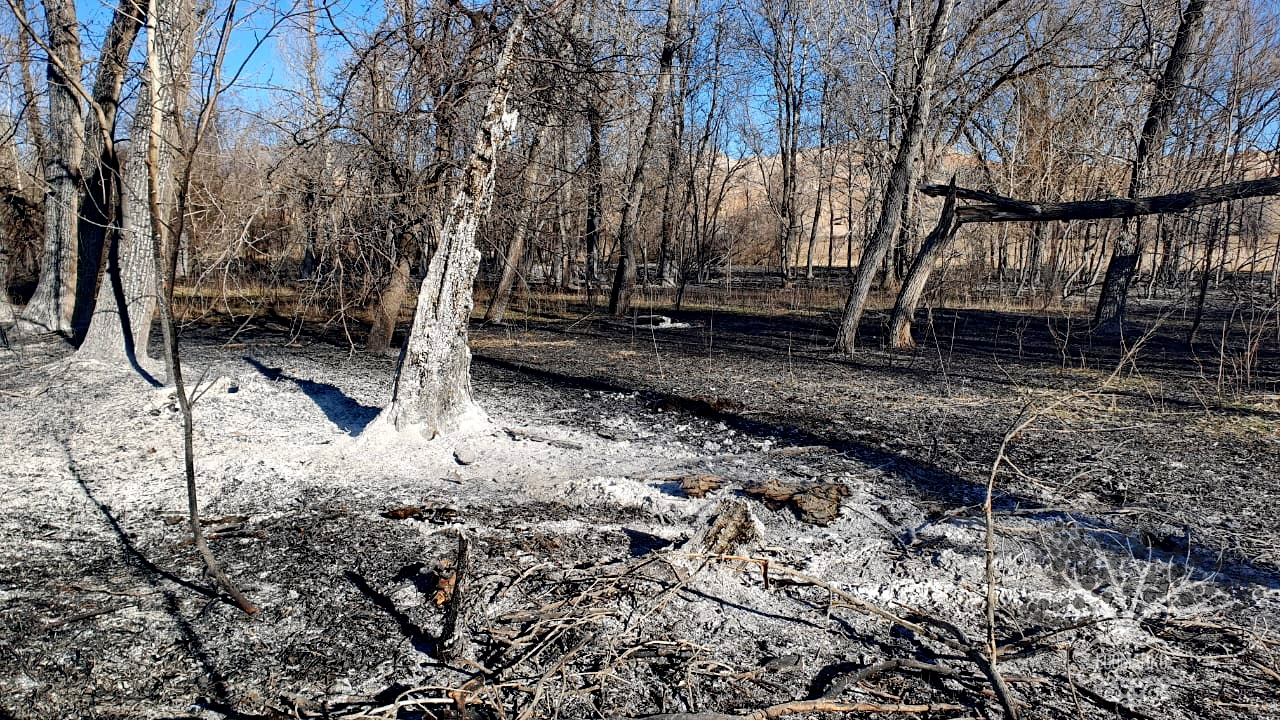


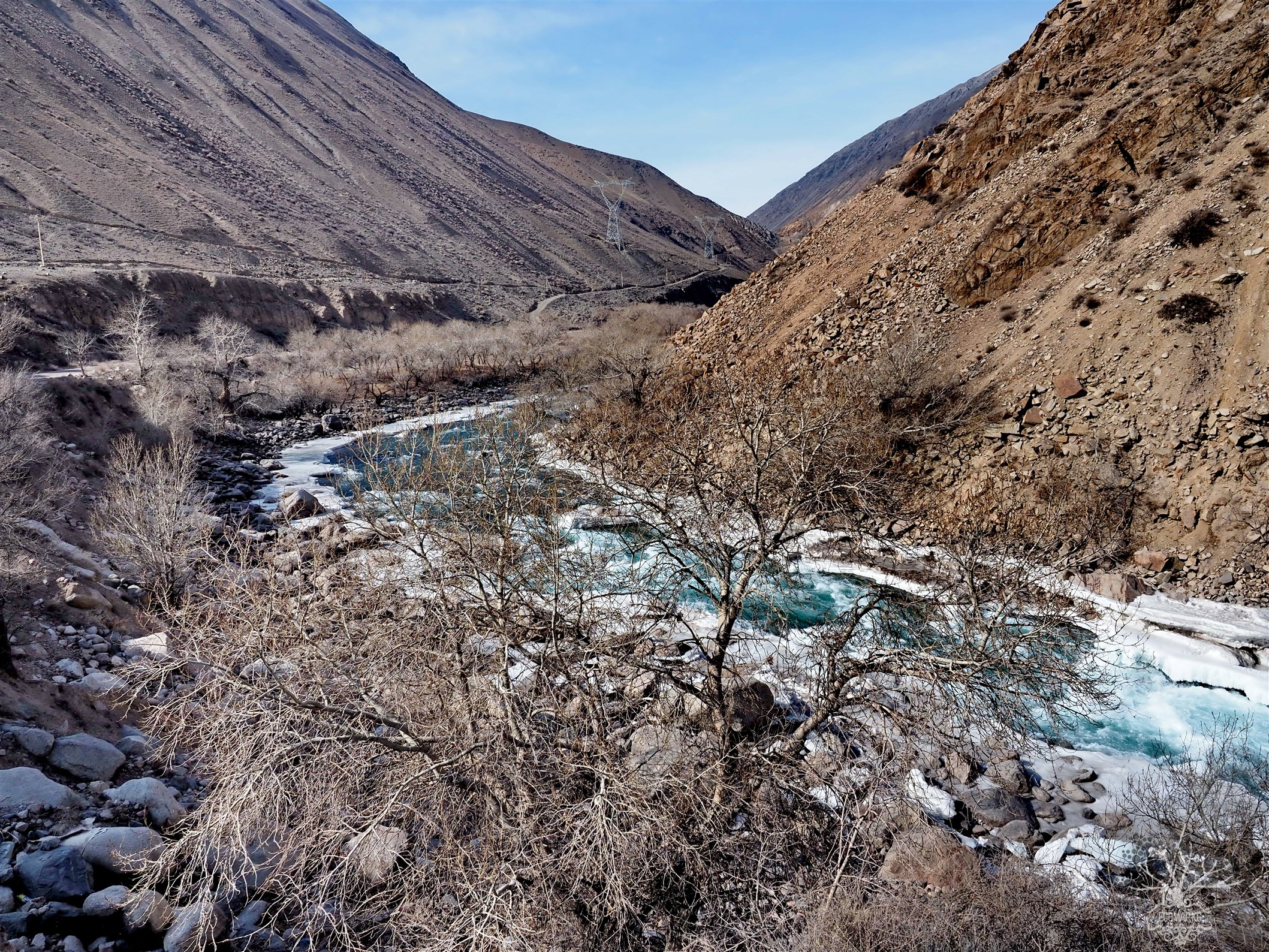
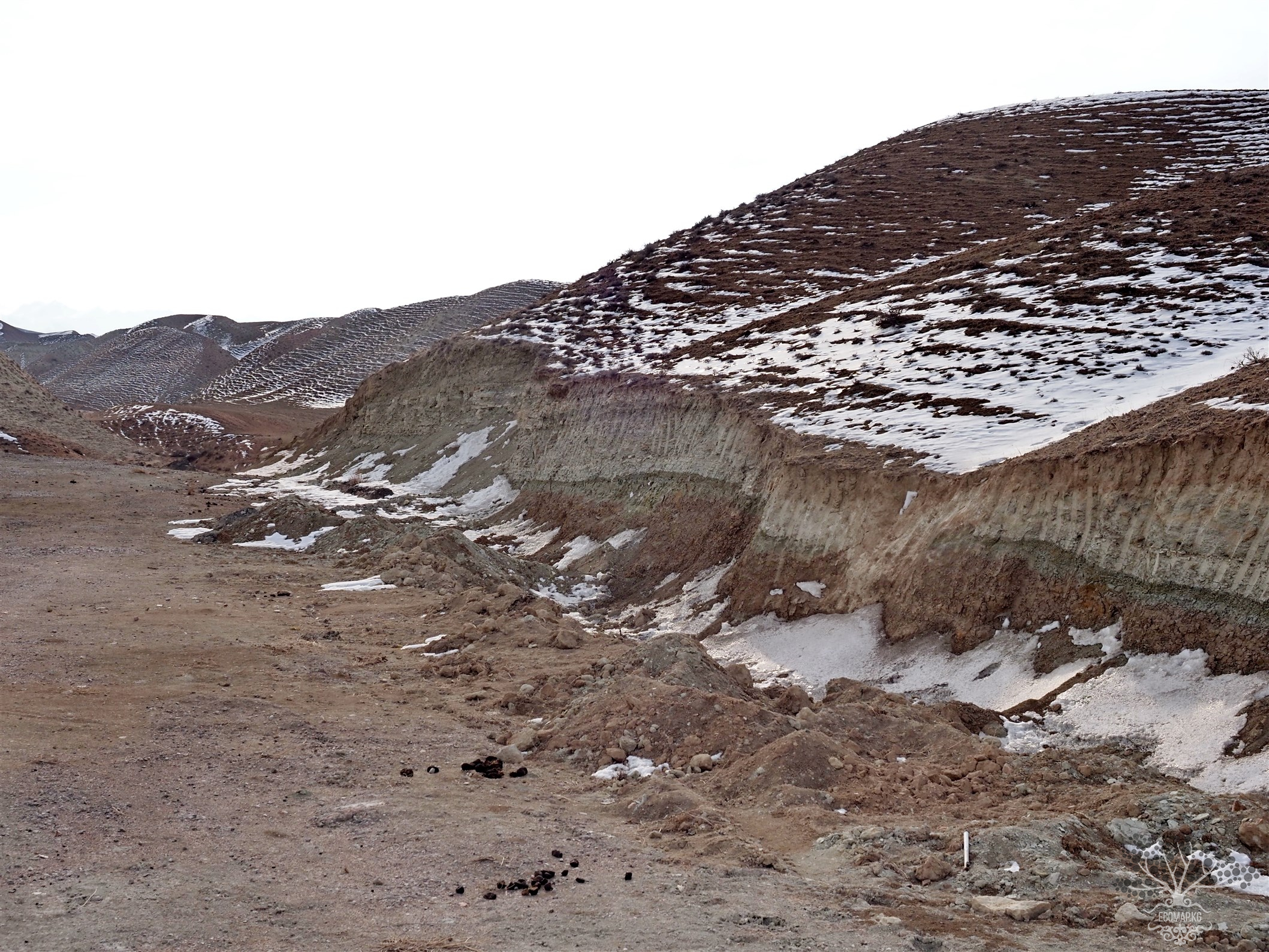
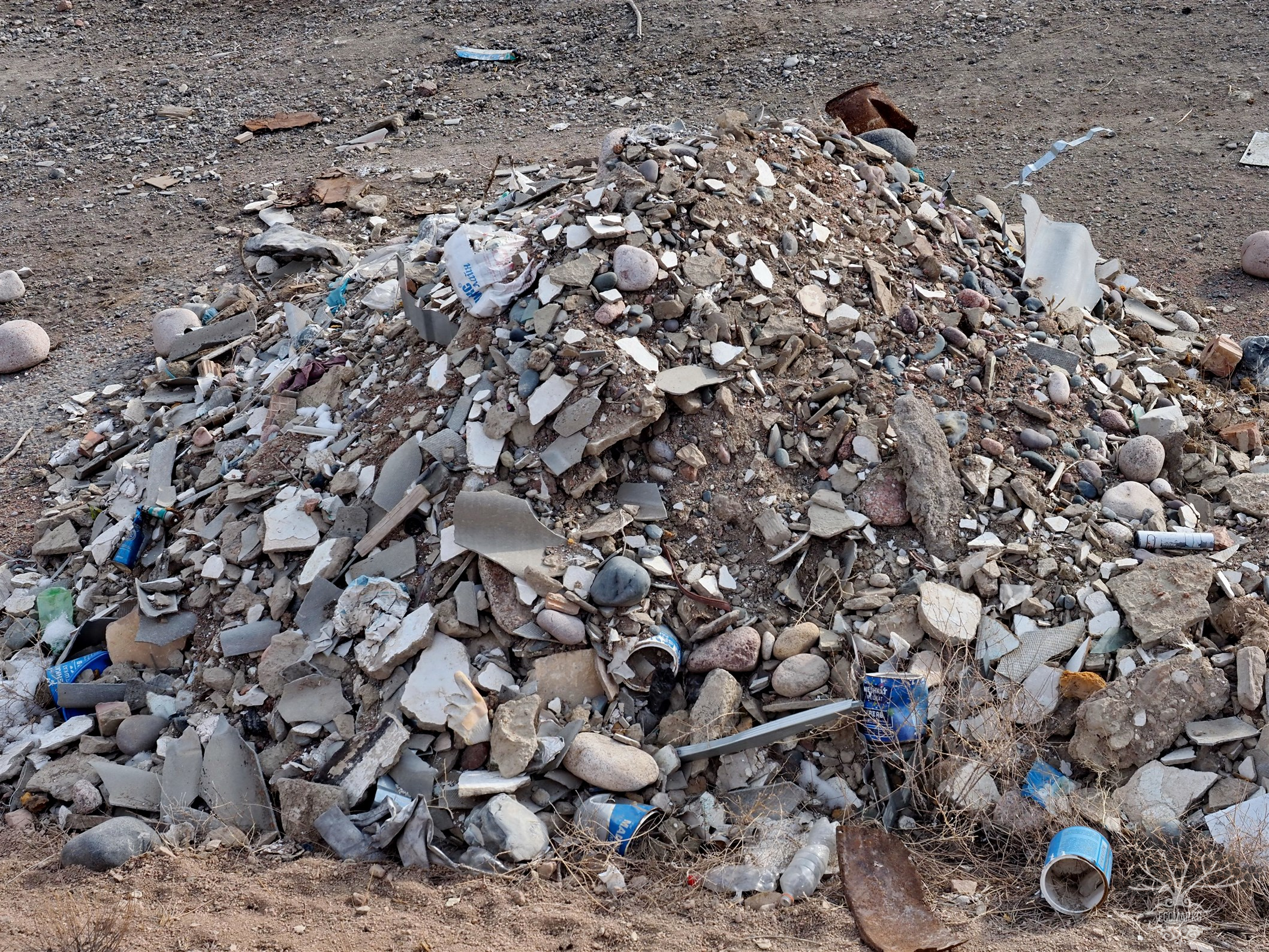
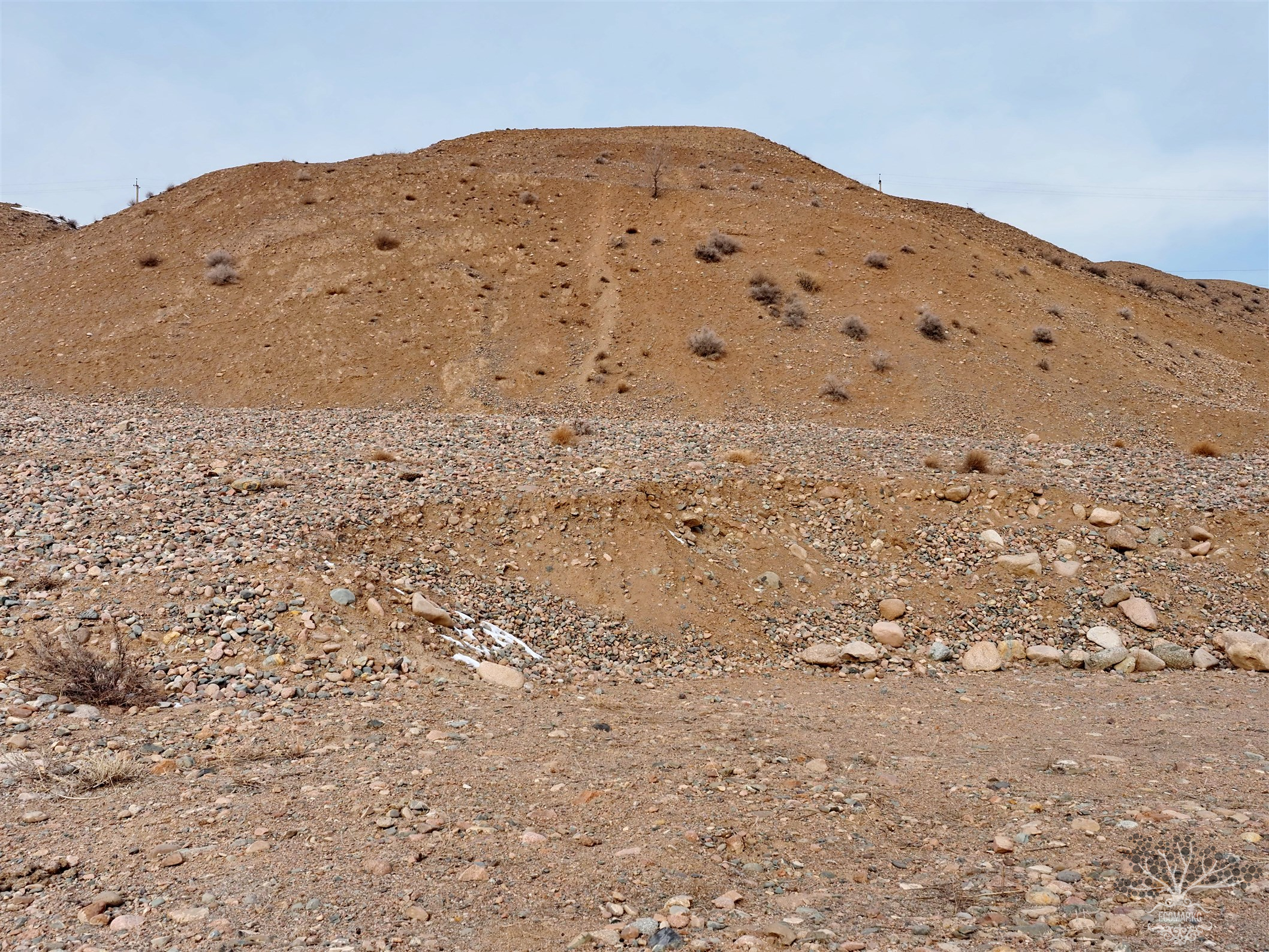


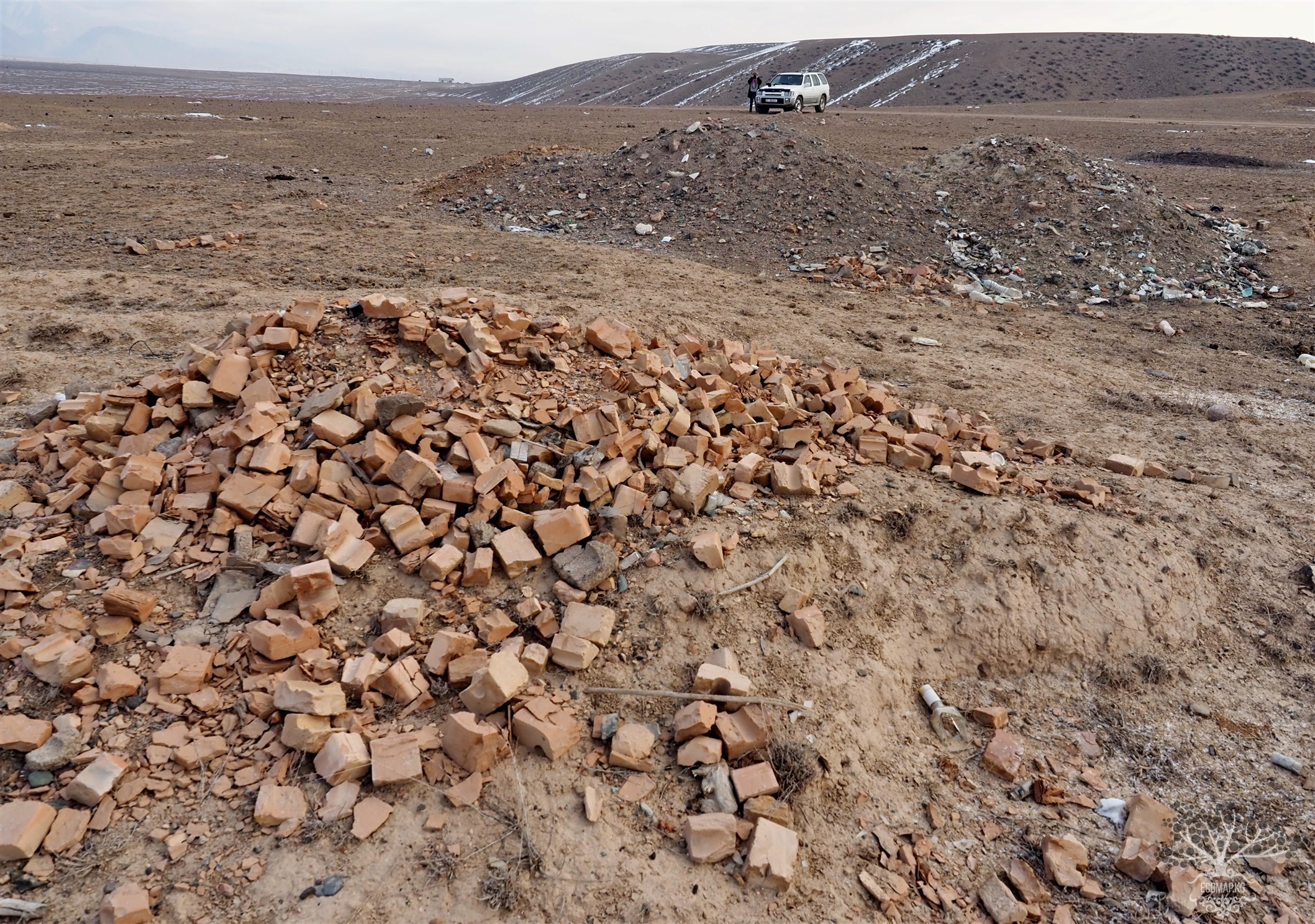
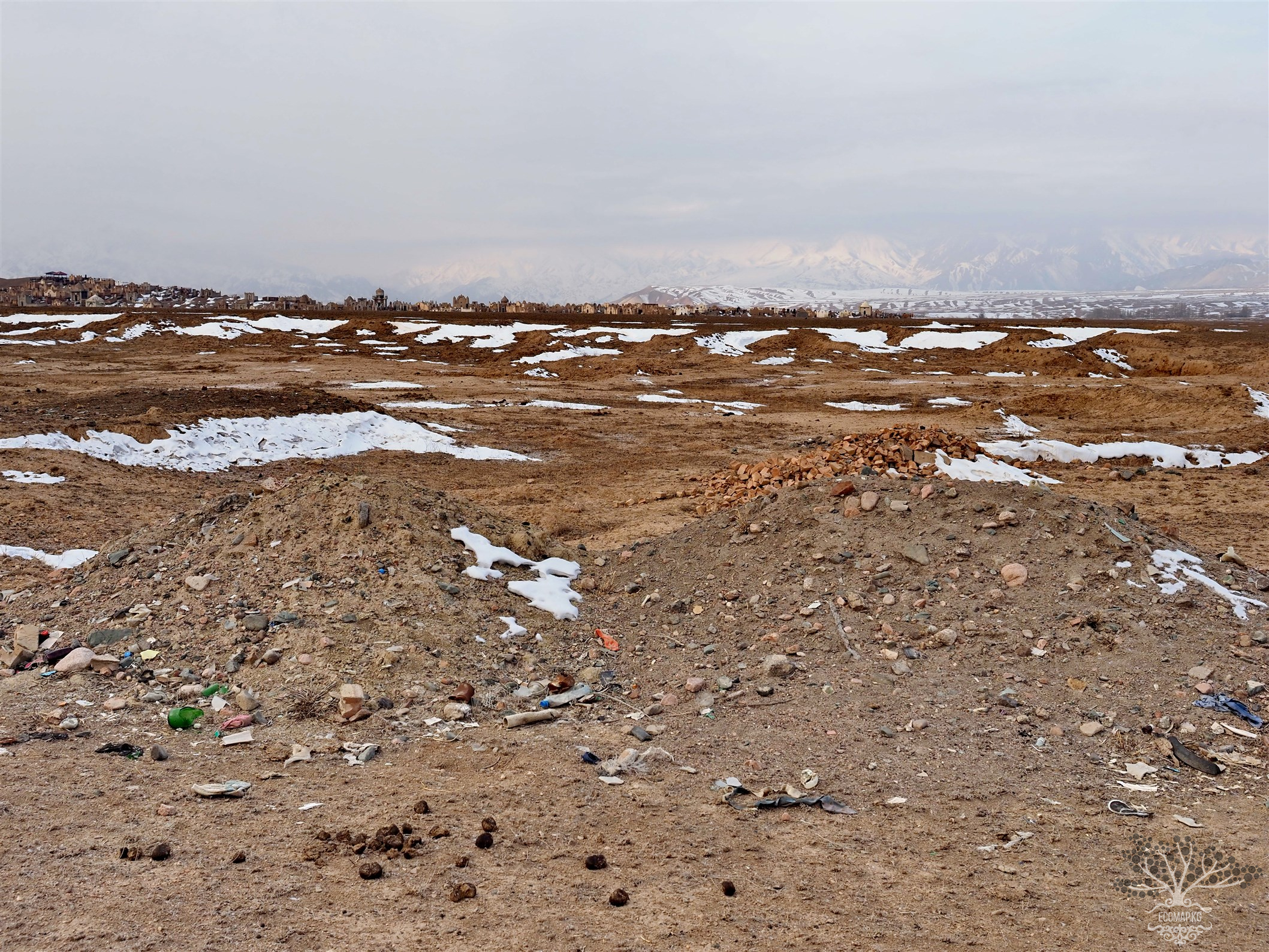

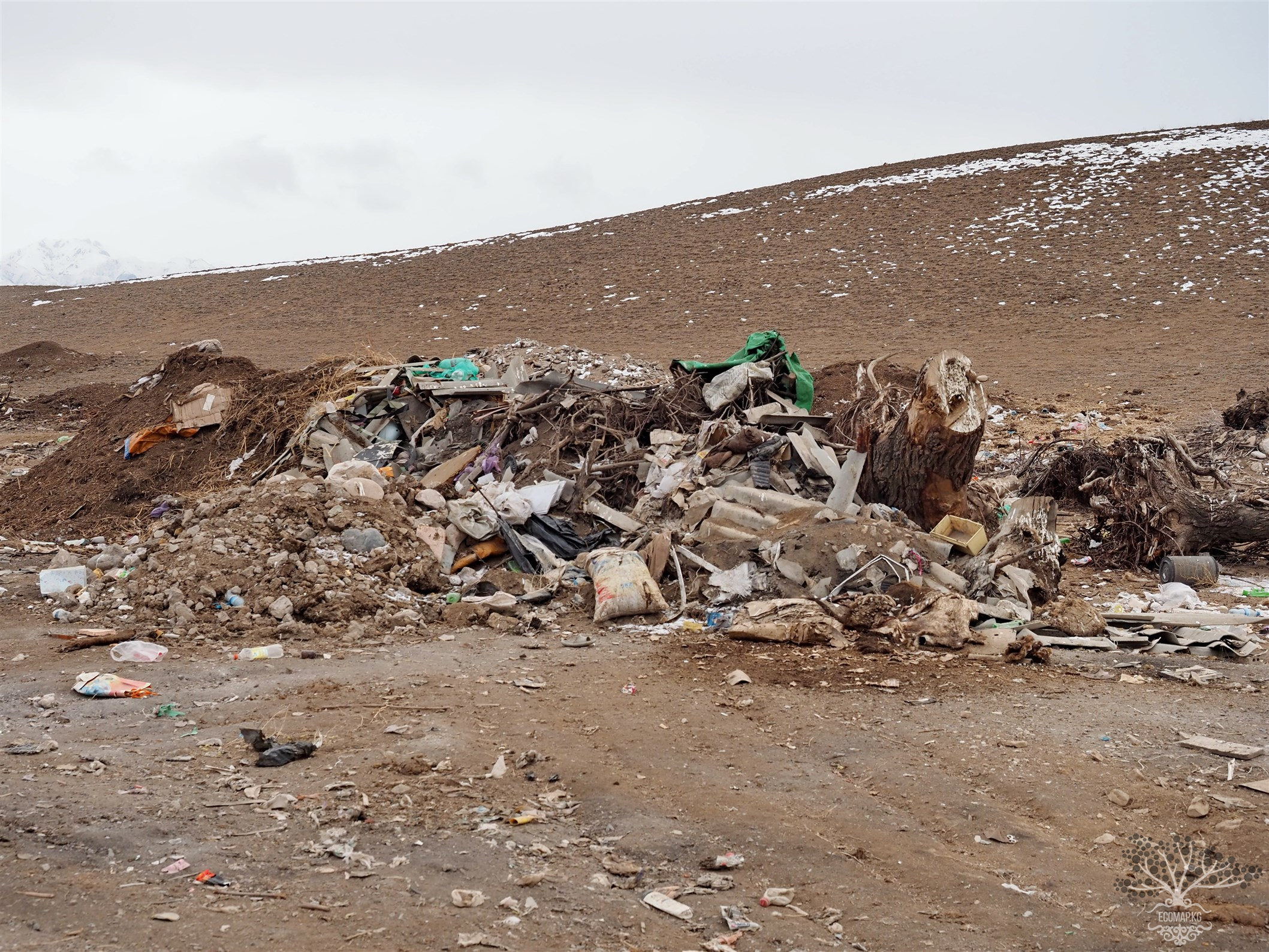
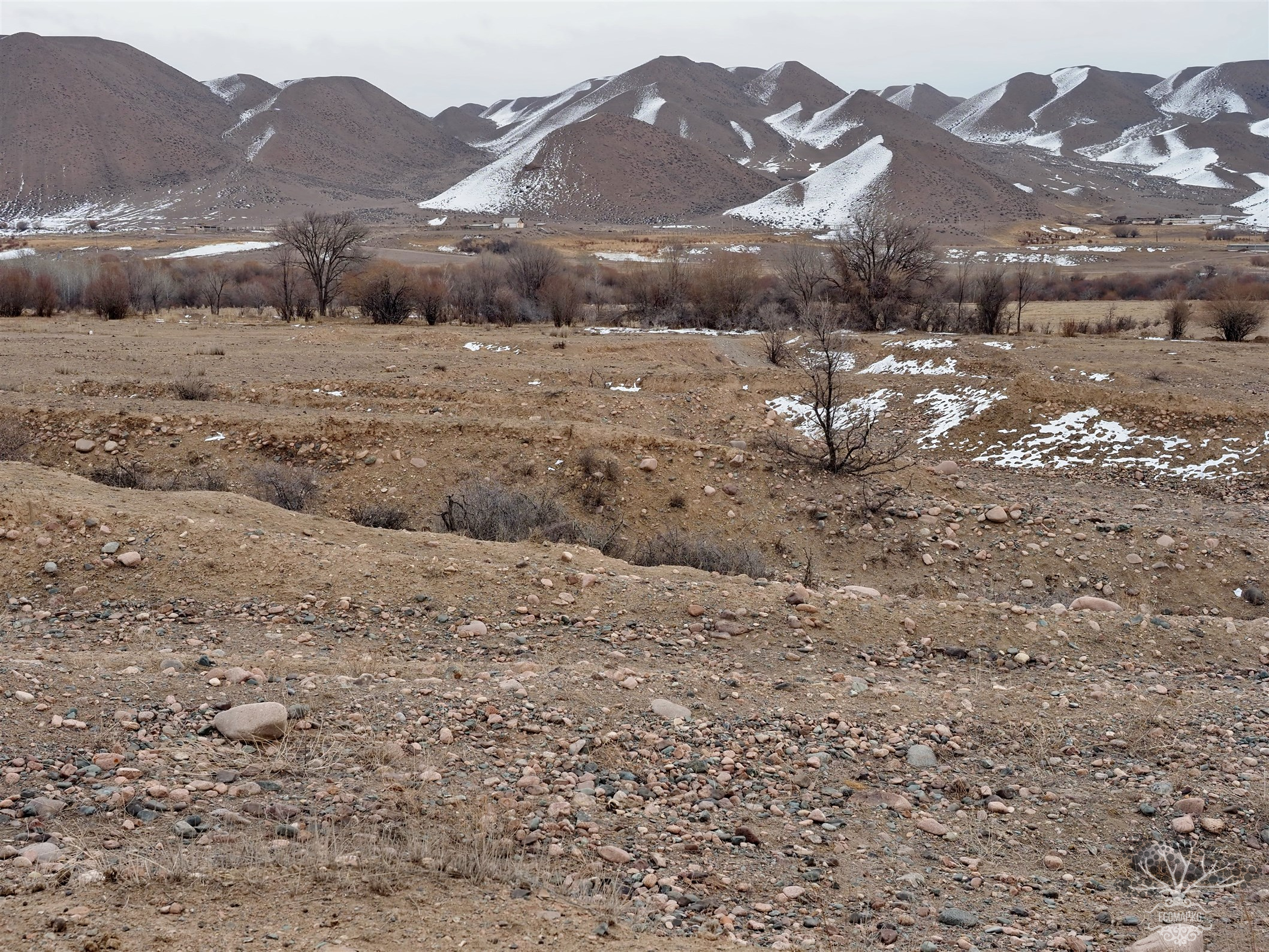
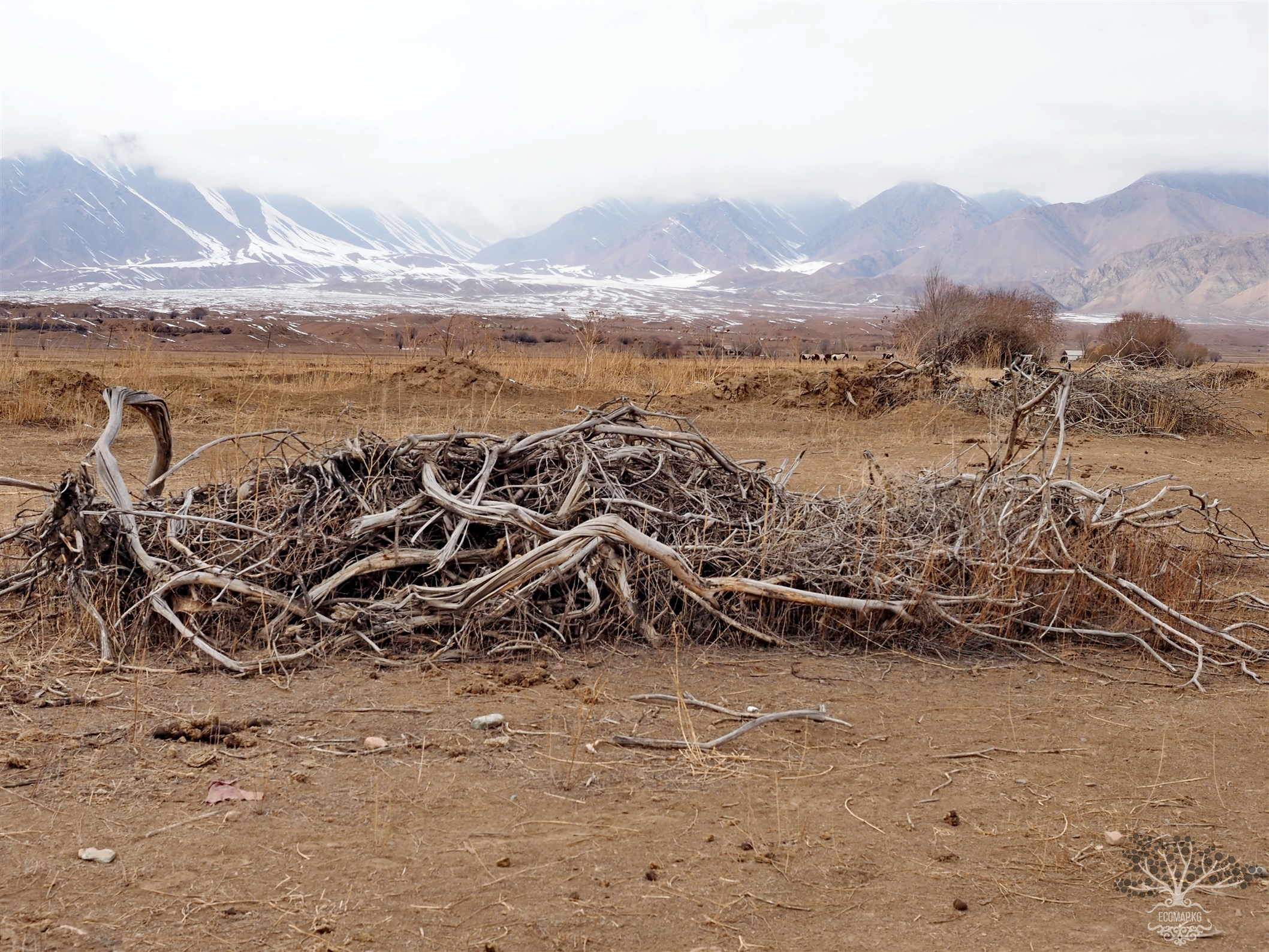
Attention: Information based on submitted complaints